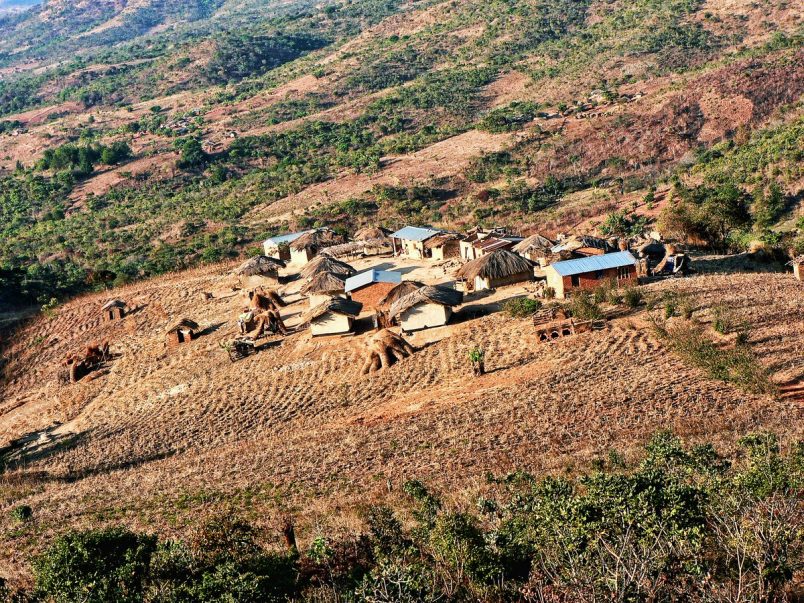By Akanimo Sampson
In the next decade, an estimated 60 million Africans will be at risk of being forced to move from degraded land, migrating within and outside the continent. Currently, at least 11 million young Africans enter the job market each year.
The obviously worried Director-General of the International Labour Organisation (ILO), Guy Ryder, says 73 per cent of all migrants are migrant workers of working age, pointing out, ‘’it will be important to examine the interplay between environmental challenges, migration and employment, and support more integrated and coherent policy approaches.’’
In a bid to smash the impending crisis, ILO and the United Nations Convention to Combat Desertification (UNCCD) ahead of the UN Climate Summit, signed a Memorandum of Understanding supporting closer cooperation on climate-related issues, including halting desertification and land degradation, and creating green jobs.
Ryder, and the Executive Secretary of the United Nations Convention to Combat Desertification (UNCCD), Ibrahim Thiaw, signed a Memorandum of Understanding (MoU) in New York that strengthens collaboration between the two UN agencies with the goal of promoting sustainable development.
Welcoming the partnership, Ryder said, “together ILO and UNCCD can step up efforts to accelerate progress towards prosperous and sustainable rural economies that offer quality job prospects and greater protection for their youth and help to fight land degradation.”
Environmental challenges, such as desertification, land degradation and drought affect sustainable development and have major implications for creating decent work. If not addressed they can exacerbate conflicts, displacement and migration and undermine prospects for the realization of the Sustainable Development Goals- (SDGs).
ILO estimates that 68 per cent of workers in low-income countries work in agriculture, and for them land and water are often critical lifelines to human security and prosperity.
“Environmental challenges, poverty and human mobility are interconnected phenomena. By tackling land degradation and scarcity, rural youth unemployment and insecurity of tenure in a joined-up way, we aim to present a positive narrative and deliver on the SDGs. It’s important that UNCCD and the ILO work more closely and merge expertise on decent green jobs and land stewardship and governance to take action and support countries on areas linking sustainable land management and labour mobility,” Thiaw said.
ILO supports approaches that advance decent work, environmental sustainability and resilience, and address the growing challenges of labour mobility through policies and projects around the world.
Collaboration between ILO and UNCCD will aim at advancing sustainability, contributing to halting desertification and supporting green jobs and decent work opportunities. Particular attention will be paid to addressing the linkages between desertification and migration trends. The collaboration will focus around three areas of work:
- Knowledge development on the linkages between desertification, employment and migration.
- Increasing awareness and mobilizing political support for an integrated approach to these issues.
- Technical assistance to countries with delivering workable solutions.

